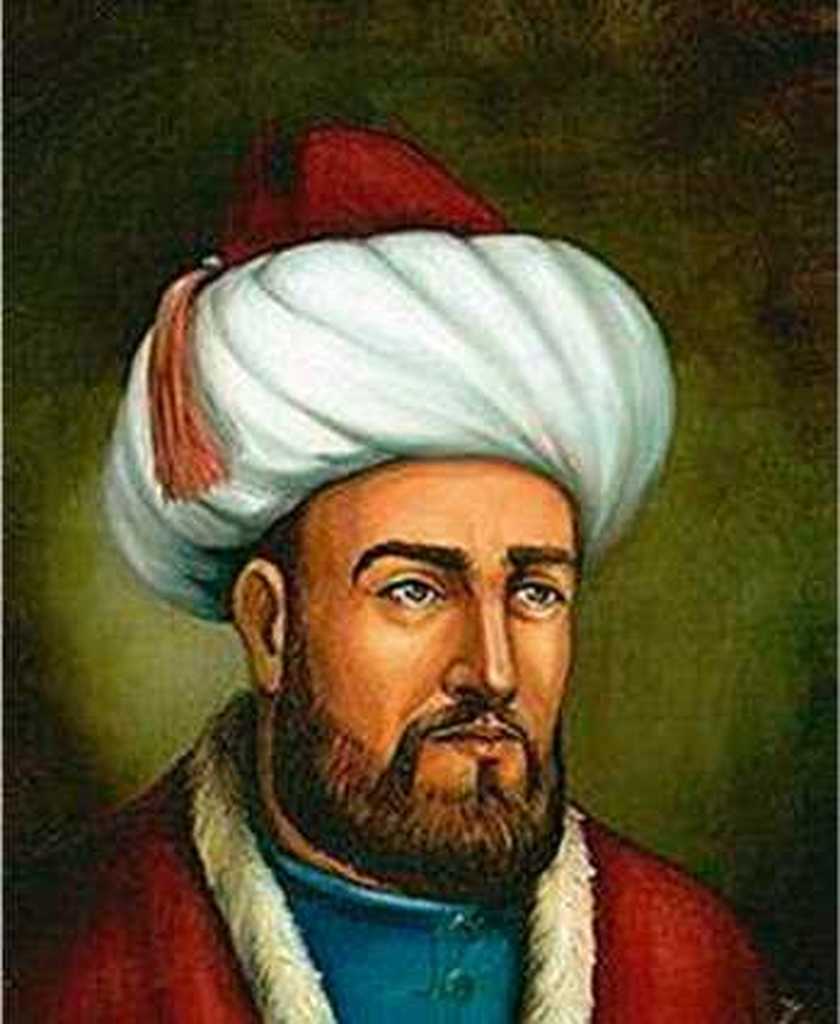
Imam Abu Hamid al-Ghazali
Imam Abu Hamid ibn Muhammad ibn Muhammad al-Tusi al-Shafi’i al-Ghazali (or al-Ghazzali) was born in 450/1058, in Tus (located in present-day Iran). He studied under the great theologian and jurist Imam al-Haramayn al-Juwayni (478/1085) and produced a number of texts on Islamic law and theology. At the age of 34 he accepted a position as rector and professor of the Nizamiyya College in Baghdad. He remained busy teaching, refuting heresies, and responding to questions from all segments of the community. During this period he produced the celebrated works The Objectives of the Philosophers (Maqasid al-Falasifa), followed by The Incoherence of the Philosophers (Tahafut al-Falasifa), in which he strongly challenged Peripatetic philosophy. Thereafter, facing a personal spiritual crisis, Imam Ghazali abruptly left his position and spent the next ten years in or between the cities of Damascus, Makka, Madina, and Jerusalem. During this period, he wrote the seminal Revivification of the Religious Sciences (Ihya’ ‘Ulum al-Din), a grand work of forty books outlining the significance and wisdom underlying the practices of Islam. At this point, Imam Ghazali returned to teaching in Nishapur and finally in his birth place of Tus, leaving a legacy of works that synthesized jurisprudence, philosophy, theology, and sufism. Imam Ghazali died in 505/1111 in Tus and in short time was recognized as the reviver (mujaddid) of the century, celebrated ever since among Muslims as the Proof of Islam (Hujjat al-Islam).






